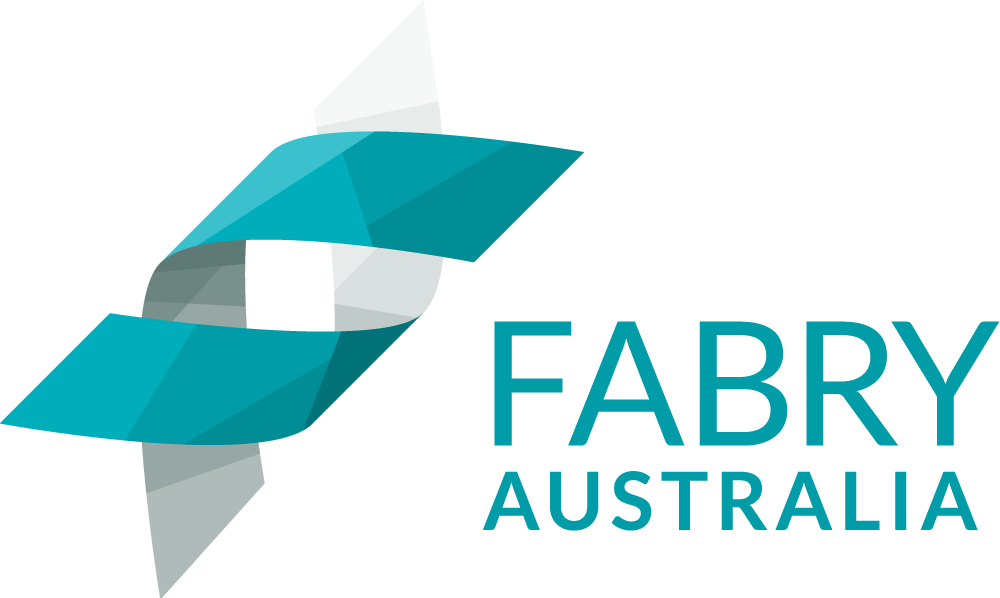Celebrating 30 years of Fabry Australia with ‘30 Fabry Stories, from the Australian Fabry Community.’
Dr Charles Denaro is an internal medicine physician and clinical pharmacologist at Royal Brisbane and Women’s Hospital. He’s been treating Fabry patients since 2002.
“I hope we can remove Fabry from the medical literature and put it into history.”
 I came to working with Fabry patients quite by chance. In 2002 the kidney department, (Department of Renal Medicine), at Royal Brisbane & Women’s Hospital had a number of Fabry patients under their care. However, at that time two full-time kidney specialists resigned from the hospital and the Department was short staffed and too busy to look after all their patients properly. The Department asked me to look after their Fabry patients. I had about 35 patients then.
I came to working with Fabry patients quite by chance. In 2002 the kidney department, (Department of Renal Medicine), at Royal Brisbane & Women’s Hospital had a number of Fabry patients under their care. However, at that time two full-time kidney specialists resigned from the hospital and the Department was short staffed and too busy to look after all their patients properly. The Department asked me to look after their Fabry patients. I had about 35 patients then.
Until recently I had no funding or infrastructure to treat patients, so I see it as one of my hobbies in life. Last year I stepped down as Director of the Department of Internal Medicine & Aged Care at the hospital and I can now dedicate one day a week for Fabry, looking after about 80 adult patients from Queensland and Northern New South Wales.
There was no one else to look after these patients when I started. As a general/internal medicine Consultant Physician and clinical pharmacologist I have broad knowledge about many diseases and medicines, but with Fabry I thought it was an opportunity to look after one disease really well and to learn in-depth about one condition. Fabry patients are often affected by multi-organ issues, so it seemed to fit with my skill set.
I’ve been able to look after Fabry patients over 20 years or more, which is a privilege. Usually I’ll treat sick people in hospital, get them well and send them home. I’d check up with them in outpatients, but normally I wouldn’t be looking after them long term. With Fabry patients I have a long-term relationship of care.
I’m learning all the time about genetic conditions and genetic screening.
Unfortunately, treatments don’t cure the disease unless you can get the treatment early (in life span) – we’re not completely sure yet. For some patients where organ disease is advanced all we can do is ameliorate the decline in organ function.
Funding doesn’t allow us to treat patients really early. And we need better health infrastructure.
My patients are scattered all across Queensland and Northern New South Wales. They need to travel long distances to see me. Then they have to deal with the labyrinth that is our health system. They have roadblocks all the time. Patients need a full-time case manager to help them through the system.
I stay up to date with the literature of Fabry treatments. Hopefully things will develop in the future so that gene therapy will be a fundable and safe option for patients.
My hopes are that we treat patients early and that will lead to a cure. I hope we can remove Fabry from the medical literature and put it into history.
